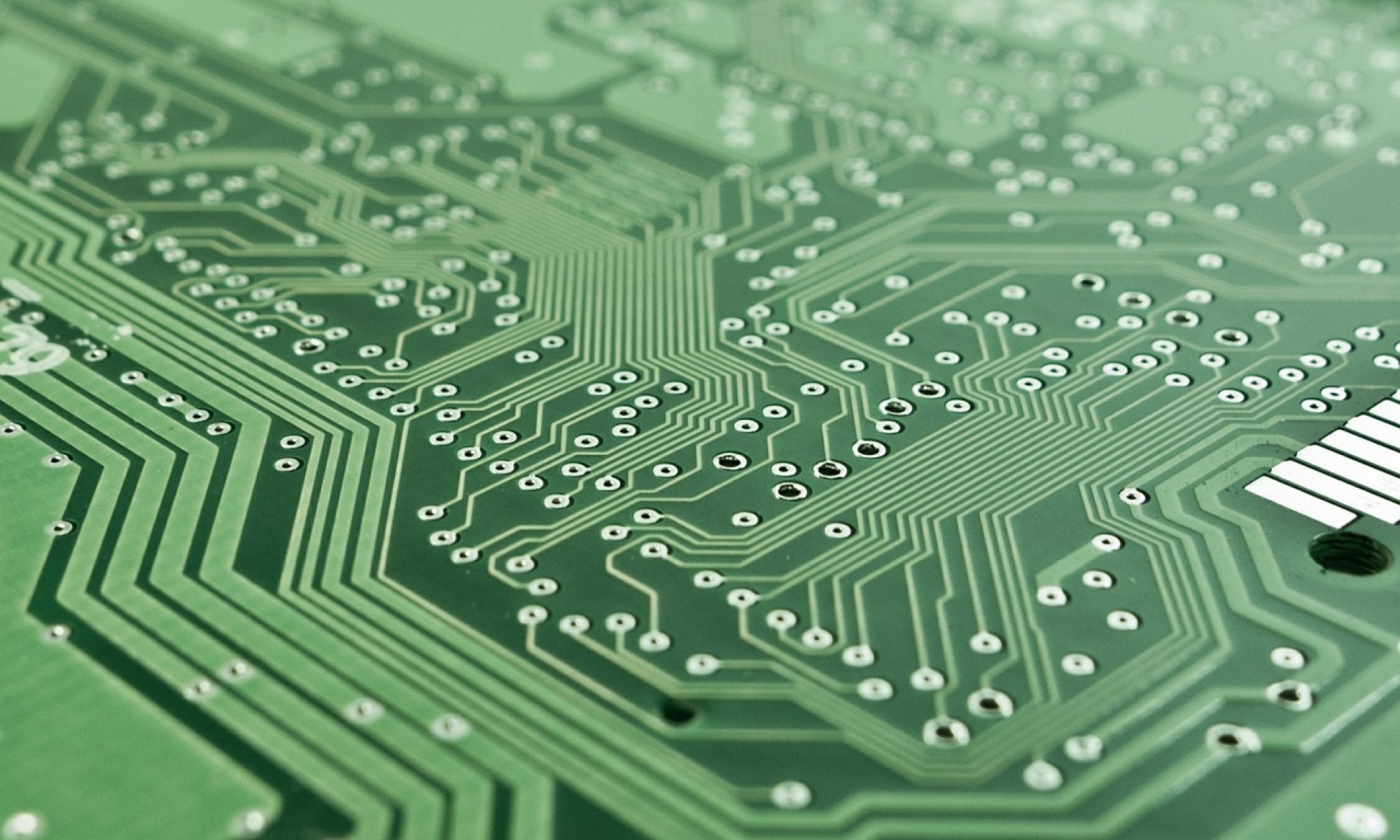On November 15, 2017, Sustainable Brands reported that Amnesty International had released a new report revealing that tech industry giants such as Microsoft, Lenovo, Renault and Vodafone aren’t doing enough to keep child labor out of cobalt battery supply chains in Democratic Republic of Congo (DRC) and China. “The findings come almost two years after Amnesty exposed a link between batteries used in their products and child labor. Time to Recharge ranks industry leaders, including Apple, Samsung SDI, Dell, Microsoft, BMW, Renault, Vodafone and Tesla according to improvements to their cobalt-sourcing practices since January 2016. The 108-page report revealed that only a handful of companies made progress, with many failing to take even basic steps, such as investigating supply links in the DRC. The report’s publication is timely, arriving just months after the UK government announced plans to ban new petrol and diesel cars and vans from 2040, which would ultimately lead to higher demand for cobalt batteries. This last point is particularly problematic as recent reports have revealed that cobalt resources are on the decline, despite demand growth predicted at 500 percent.”
See http://www.sustainablebrands.com/news_and_views/walking_talk/sustainable_brands/amnesty_international_reveals_tech_industry_giants_fa for the complete article on the Sustainable Brands web site.
To download the report itself, Democratic Republic of the Congo: Time to recharge: Corporate action and inaction to tackle abuses in the cobalt supply chain (15 November 2017, Index number: AFR 62/7395/2017), see https://www.amnesty.org/en/documents/afr62/7395/2017/en/.


